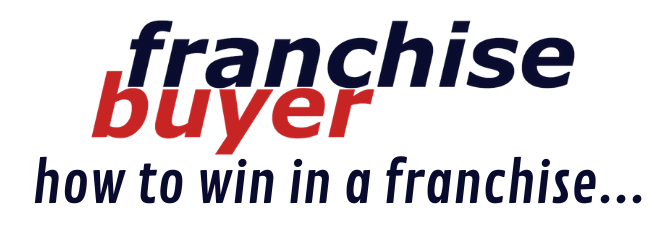July 06, 2016
Why the Best Salespeople Are Negotiators

A salesperson’s job is to negotiate — engage, listen, probe, customise and tailor a sales pitch. Trent Leyshan lists down the key steps to becoming an effective negotiator.
When we think of a “negotiator”, the mind often paints a picture of a cold, calculated character, like a barrister or hostage negotiator. We rarely consider the creative process involved, a rhythmic dance of sorts that takes place when two parties actively work together towards a win-win outcome.
There are many aspects to a sales role. However, there is one area that is critical to all sales or customer engagement processes: negotiation skills. In fact, forget about everything else for a moment — your skill in this area will determine your results. It is your ability to negotiate “effectively” that will augment your long-term success.
The Google definition for “negotiate” is as follows:
a. Try to reach an agreement or compromise by discussion with others.
b. Find a way (over or through) an obstacle or difficult path.
The above definitions are ultimately what “you”, the salesperson, are paid to do. You can do a strong job of engaging, listening, probing, customizing and tailoring your pitch, but if you fail to negotiate the agreement to the sale, the former becomes irrelevant.
Anyone can pitch, but how many can truly and effectively negotiate?
We can all negotiate. This often comes down to how much we desire something. This will determine what compromises we make and how much time we take in the negotiation
process.
Of course, if you have trust, the need for negotiations is mooted, as both parties are transparent with their needs.
“Transparency might make for a predictable game of poker, but in the game of sales and negotiations, it can cut the sales cycle in half, or better,” says Morry Morgan, author of
“Selling Big to China – Negotiating Principles for the World’s Largest Market”
.
We can make the mistake of underestimating just how critical “people” are to this process. Example: if I do not like or trust you, for whatever reason, I will negotiate harder for my own benefit. Similarly, speaking recently with Tim, a family lawyer, he explained he works harder for and personally invests in specific clients he likes and believes in.
How can you become a more effective negotiator?
Here are some key steps:
• Know when you are in “the negotiation”.
• Have a clear understanding of everyone’s goals.
• Prepare well and build a strong case.
• Communicate “the facts”.
• Do the work. Always be contributing.
• Stick to your line of questioning. (Funnel and dig with purpose.)
• Ask the right questions. Ask better questions.
• Be assertive. Work through objections.
• Show a duty of care for the customer.
• Demonstrate a belief in what you sell.
• Take risks. Make compromises. Be creative.
• Harass your fearless leader for ideas and offers to help you negotiate.
A smart question to ask when selling is: “Can I negotiate with this person?” If not, navigate (over or through) them.
Do not forget the golden rule: NEVER negotiate with terrorists (time wasters!).
When you negotiate with purpose and genuinely believe the outcome benefits both you and the customer, you become vastly more influential. This is an area all salespeople can improve in. See yourself as a negotiator, not just a salesperson, and your customers and fearless leader will see you as someone they can rely upon to get the deal done.















